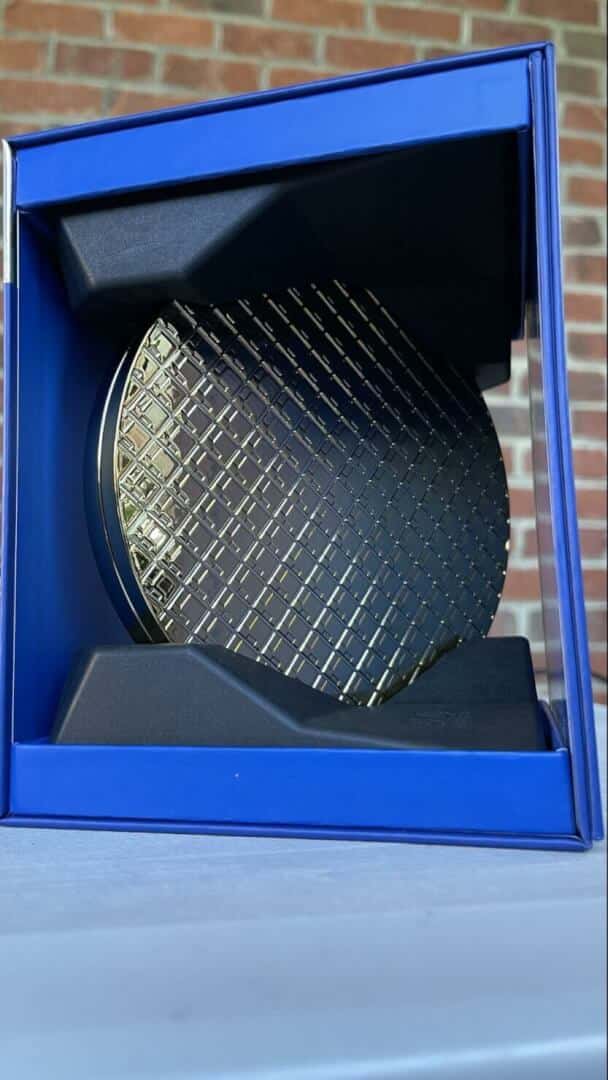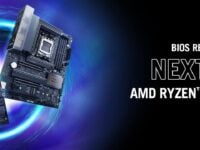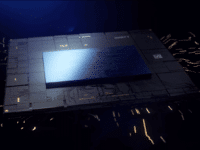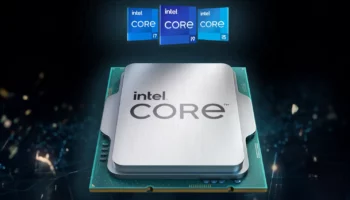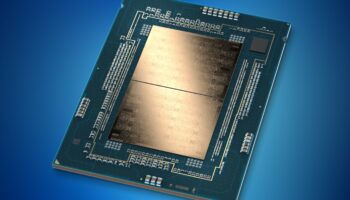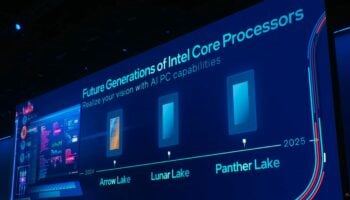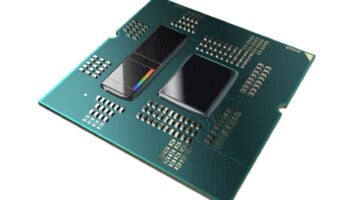After much teasing and even more rumors/leaks, Intel today announced its 12th Gen Alder Lake-S desktop processors. Described as the chipmaker’s largest design shift over the decade, these CPUs feature a hybrid core architecture. At the top-end, we’ve got the 16 core i9-12900K with eight performance “Golden Cove” cores and eight efficiency “Gracemont” cores. The budget/midrange SKU is the Core i5-12600K with 10 cores, six performance, and four efficiency cores.
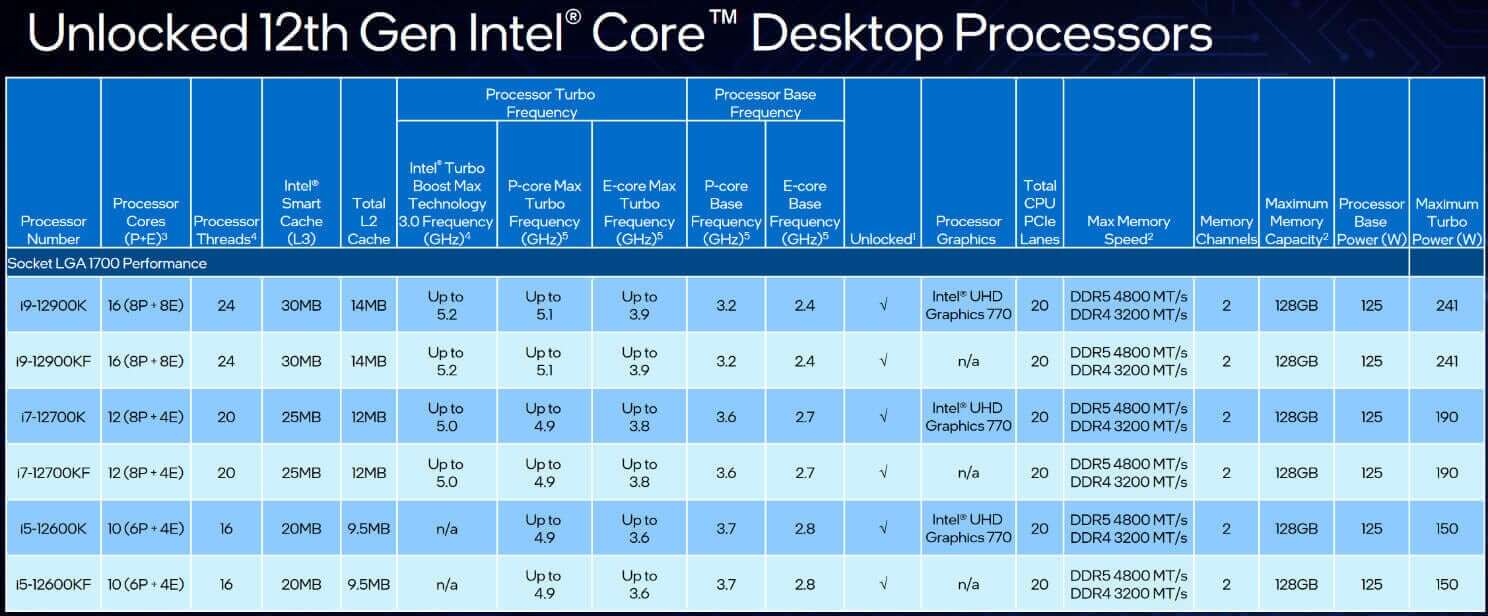
The L2 cache has been increased across the board: 1.25MB for the performance cores and 2MB for the efficiency cores. The L3 cache is shared between all the cores, being a rather considerable 30MB for the Core i9-12900K to 20MB on the 12600K.
Intel is promising an overall IPC gain of 19% compared to Cypress Cove (for Golden Cove) which powered the 11th Gen Rocket Lake-S processors. What’s interesting is the wide performance delta across workloads. While some applications show an IPC gain of up to 40%, a few show a regression of 10-15%. I reckon this has to do with the memory latency and/or efficiency cores.
In gaming workloads, Intel claims a performance gain of up to 40% (in League of Legends DX11) and an average increase of 20% compared to the Core i9-11900K (vs Core i9-12900K).
Compared to the Ryzen (ing) competition, the Core i9-12900K is up to 30% faster than the Ryzen 5000 flagship, and 15% on average. Once again, the performance varies greatly from application to application. While Shadow of the Tomb Raider sees a deficit of 3% compared to the 5950X, the 12900K is on par with it in Crysis: Remastered. On the other hand, Troy: Total War sees the 12900K gain a commanding 30% lead over the 5950X.
Strangely, Intel didn’t share any content creation benchmarks comparing its next-gen processors with the Ryzen competition. In comparison to Rocket Lake though, we’re looking at a healthy gain of as much as 100%, and 30-35% on average.
Synthetic benchmarks like SYSmark and CrossMark show an uplift of 15-19% with the Core i9-12900K compared to the 11900K.
In terms of I/O, we’re looking at 16 PCIe Gen 5.0 lanes from the CPU and 12 PCIe Gen 4 (or 16 Gen 3) lanes from the Z690 chipset. The DMI has also been doubled to increase the CPU to chipset bandwidth. WiFi 6E is supported and the platform features additional USB 3.2 Gen 2 20Gbps slots.
Alder Lake-S supports both DDR5 and DDR4. The former up to 4800MT/s and the latter up to 3200MT/s. Overclocking can, however, much higher frequencies.
Overclocking seems to be a major focus with the Alder Lake-S desktop processors. The IHS (Integrated Heat Spreader) is much thicker than preceding generations, with the die/STIM being thinner.
The Intel Extreme Tuning Utility has gotten some nice upgrades. It now supports ratio control for the efficiency/Gracemont cores, DDR5 support, as well as XTU Benchmark 2.0 integration on HWBOT.
Like many third-party apps, there’s also the option to auto-overclock the CPU. At the moment, it’s only available on the Core i9-12900K and the Core i7-12700K, with the option to overclock both the E and P core frequency, voltage, etc.
XMP 3.0 brings some improvements to memory overclocking as well. The total number of XMP profiles has been increased to 5 (from 2), three from the vendor, and two rewritable. In addition to UI improvements, the on-DIMM voltage can now be adjusted using the PMIC.
Finally, XMP 3.0 also adopts a dynamic frequency profile (much like CPU/GPU turbo boost). This means that the memory runs at stock JEDEC specifications when idle, switching to the XMP boost frequencies when under load.
Intel’s Alder Lake-S (K series) processors are slated to arrive in retail stores globally around the 4th of November. It’s unclear whether the stocks will be enough to meet demand, but considering that the chipmaker doesn’t rely on any external foundry for the bulk of its manufacturing, it should be positive.
